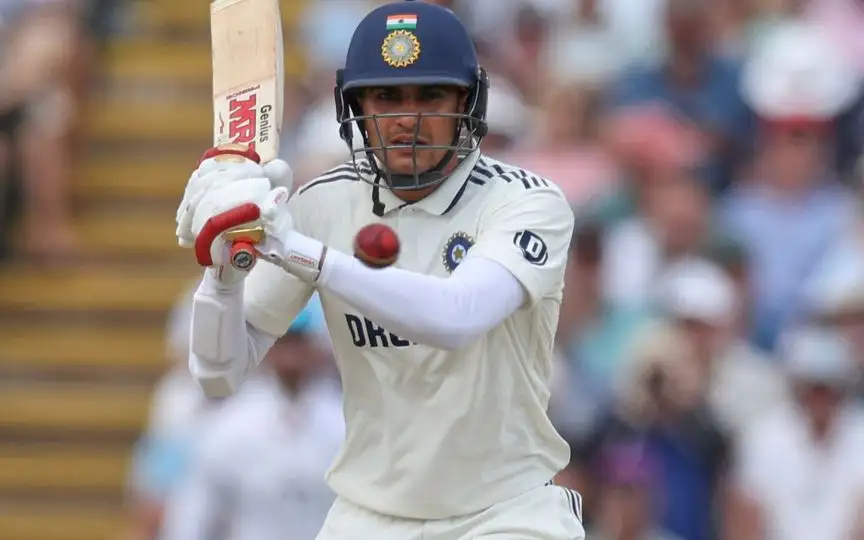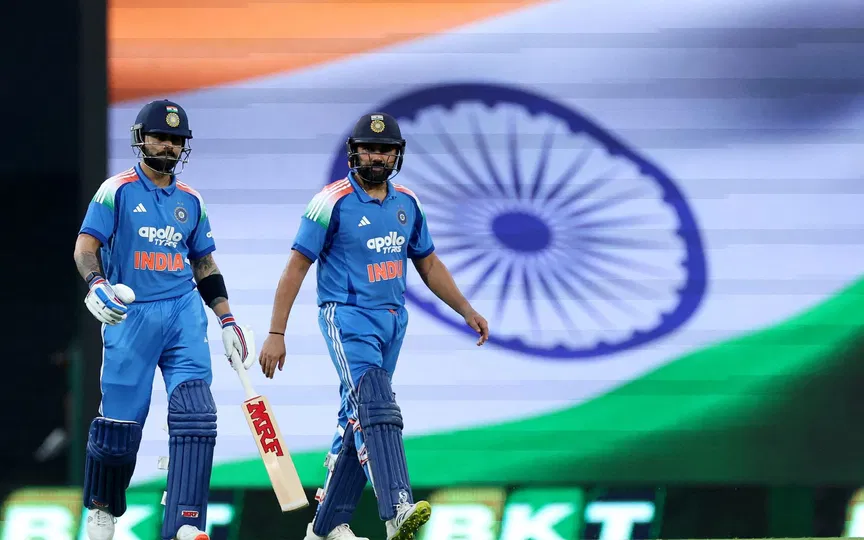![Brian Lara and Wiaan Mulder [Source: ICC and @srhfansofficial/X.com]](https://onecricketnews.akamaized.net/parth-editor/oc-dashboard/news-images-prod/1752056541825_Brian_Lara_And_Mulder.jpg?type=hq) Brian Lara and Wiaan Mulder [Source: ICC and @srhfansofficial/X.com]
Brian Lara and Wiaan Mulder [Source: ICC and @srhfansofficial/X.com]
In the world of Test cricket, where the scoreboard is both a battleground and a canvas, Wiaan Mulder painted a masterpiece and then, he put down the brush before it was finished.
South Africa Test captain found himself at the brink of history. Batting on a commanding 367 vs Zimbabwe, Mulder stood just 33 runs away from equalling the legend Brian Lara’s iconic 400*, a record untouched since 2004.
But instead of charging into the record books, he chose to declare the innings at lunch on Day 2, a move that has since divided the longest format lovers around the globe.
Was it humility, strategy… or simply a missed opportunity?
The gentleman's game, Cricket, unlike many other sports, romanticises its numbers, 100s, 200s, 400s. They’re not just scores; they’re badges of honour, whispered across generations.
Brian Lara’s historic knock is more than a number; it is a symbol of greatness. For Mulder to come within reach of that number and choose not to touch it? That’s where the debate begins.
On one side, voices like Chris Gayle’s are loud and clear: "If I could get the chance to get 400, I would get 400,"
"That doesn't happen often. You don't know when you're going to get to a triple century again. Any time you get a chance like that, you try and make the best out of it. But he was so generous and said he wanted the record to stay with Brian Lara. Maybe he panicked; he didn't know what to do in that situation,' Gayle said.
Yet, Mulder did something few expected: he let the moment go. His conversation with coach Shukri Conrad reportedly sealed the decision, “Let the legends keep the big scores.”
Was It A Sporting Spirit Or Sacrifice?
Well, Mulder’s decision may not have been driven by pure emotion. South Africa had already piled up 626 runs and held a massive advantage. Declaring early surely gave them maximum time to push for a win, which they did, defeating Zimbabwe by an innings and 236 runs.
So, was it a calculated move for the team’s benefit? Or was it something more philosophical, a nod to cricket’s deep-rooted tradition of honouring those who came before?
Some might view it as a tribute to the sport’s unwritten code, where reverence sometimes outweighs ambition. Others see it as a missed chance to inspire the next generation by showing how even records can be surpassed with enough grit.
The truth may lie somewhere in between.
Certainly, Mulder made the choice in his own way. South Africa were in a strong position, and he decided to preserve the moment rather than chase personal glory. It was not just about what he could achieve, but perhaps about what he wished to protect.
Interestingly, just days before Mulder’s declaration, Team India captain Shubman Gill delivered a stunning performance of his own. In a show of form and flair, Gill smashed a double century and followed it up with a majestic 161, becoming the only batter in Test history to score both a double ton and a 150 in the same match.
With his tally already at 585 runs in just four innings, Gill is now closing in on Don Bradman’s 95-year-old record of 974 runs in a single series, a mark previously believed to be untouchable.
But unlike Mulder, the 25-year-old Indian batter will likely go for it, especially if his team is either in trouble or in complete control. He will aim to get there not for personal glory alone, but to put his team in a strong position. And he may do so unapologetically. Not because it is selfish, but because in sport, greatness is often achieved by going beyond what has already been done, even by legends.
Both stories, Gill’s pursuit and Mulder’s pause, offer contrasting philosophies. One is driven by the desire to build a legacy; the other, perhaps, by the belief that some legacies don’t need to be rewritten.
Cricket, though a team sport, has always danced on the edge of individual brilliance. Whether it’s a five-wicket haul or a 300, personal milestones shape the narrative of the game. That said, the obsession with records sometimes nudges players to prioritise numbers over match context, a dilemma as old as the sport itself.
Mulder’s decision seems to reject that obsession. But his restraint has invited both admiration and criticism. Would the former West Indies skipper himself have declared? Would Don Bradman have stopped at 367?
We don’t know and perhaps that mystery is the beauty of it all.
Is Greatness Always About The Numbers?
To be forthright, Wiaan Mulder’s historic knock may not be remembered with the same reverence as Lara’s iconic knock, but maybe that’s not the point. In the end, cricket gives room for both kinds of legends, those who chase the record and those who walk away from it.
Some want to be remembered for breaking boundaries. Others for respecting them.
And in this timeless sport where every run matters but not every run defines you, maybe there’s room for both stories. Let legends be legends and let history decide who becomes one.



.jpg?type=mq)


